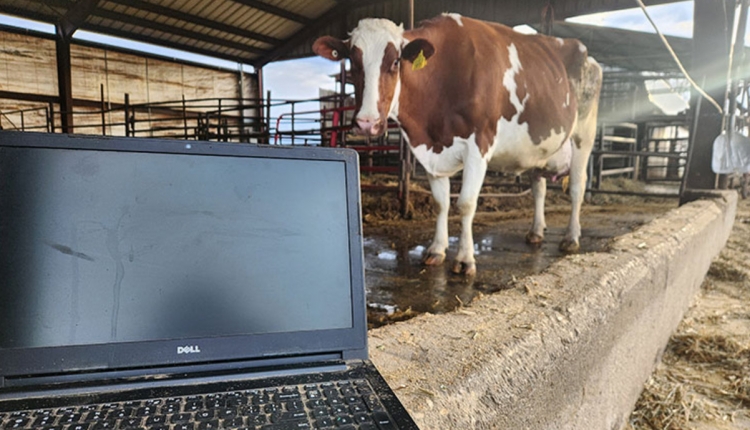Everyone dies eventually. But when a milk producer passes away it can also mean the end of the dairy, its jobs and family traditions unless some fairly straightforward legal planning has been done to prevent estate taxes from being fatal.

Elizabeth Rumley (pictured), a staff attorney who specializes in animal agriculture at The National Agricultural Law Center at the University of Arkansas, says, "Transferring a business as a business is actually pretty easy."
Doing so requires a will, trust or estate plan. Without at least one of them the farm and all other assets will go to probate and the state will decide who gets what. The business won't be transferred as a business and a federal estate tax bill will have to be paid. In addition, 23 states also levy their own estate taxes. In many cases the combined costs are so large that the farm must be sold to pay them.
Among the most difficult parts of setting up a trust or estate is initiating discussion with those who will be taking over the business, starting with do they want it. With this also comes the difficult issue of what is equal and fair distribution. One child might be an obvious choice to take over the farm, but what about his or her siblings? Is the farm financially big enough to support new and/or additional families? Will putting one child in charge create animosity among the others?
Candid, open discussion with bankers and other financial advisers is also vital in order to get an accurate picture of the options available. Estate tax exemption laws have changed often in recent years and may change again in 2013. Even for those who already have trusts or estate plans, reviewing and possibly updating them is wise each time the laws change.
Rumley recommends three noncommercial websites for dairy producers to get started in planning a trust or estate:
• The National Agricultural Law Center
• The International Farm Transition Network
• Iowa State University Extension and Outreach Department

Elizabeth Rumley (pictured), a staff attorney who specializes in animal agriculture at The National Agricultural Law Center at the University of Arkansas, says, "Transferring a business as a business is actually pretty easy."
Doing so requires a will, trust or estate plan. Without at least one of them the farm and all other assets will go to probate and the state will decide who gets what. The business won't be transferred as a business and a federal estate tax bill will have to be paid. In addition, 23 states also levy their own estate taxes. In many cases the combined costs are so large that the farm must be sold to pay them.
Among the most difficult parts of setting up a trust or estate is initiating discussion with those who will be taking over the business, starting with do they want it. With this also comes the difficult issue of what is equal and fair distribution. One child might be an obvious choice to take over the farm, but what about his or her siblings? Is the farm financially big enough to support new and/or additional families? Will putting one child in charge create animosity among the others?
Candid, open discussion with bankers and other financial advisers is also vital in order to get an accurate picture of the options available. Estate tax exemption laws have changed often in recent years and may change again in 2013. Even for those who already have trusts or estate plans, reviewing and possibly updating them is wise each time the laws change.
Rumley recommends three noncommercial websites for dairy producers to get started in planning a trust or estate:
• The National Agricultural Law Center
• The International Farm Transition Network
• Iowa State University Extension and Outreach Department








